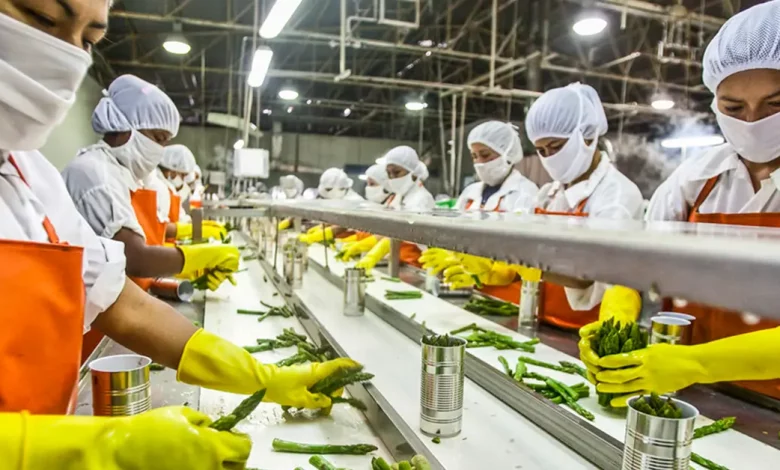Daily Current Affairs for UPSC
Government intends to eliminate the need for multiple certifications for food products
Syllabus: Governance[GS Paper-2]

Context: The Government intends to eliminate several certifications for food products and has authorised several changes to simplify food safety and standards regulations.
Food certification process:
- The Food Safety and Standards Authority of India (FSSAI) has made some changes to the rules about keeping food safe and healthy.
- They have decided that food businesses don’t need to get special certifications from different groups anymore.
- Instead, they only need to get a certification from the FSSAI.
- The FSSAI has also made a book with instructions on how to make sure food is safe.
- They are also going to make rules for a dish called Haleem, which is made from meat and other ingredients, because right now there are no rules for it.
Bureau of Indian Standards:
- The Bureau of Indian Standards (BIS) is like a group of people in India that make sure things are made and sold in a safe way.
- They were started in 1986 and are led by a special person who takes care of what people buy.
- BIS is in New Delhi and their main job is to make sure things are made and sold really well and safe.
- They also have a special plan to make sure things are checked and meet these good standards.
- BIS is really important for the country and they work really hard to keep people safe and help with any problems people have.
Key Features of BIS:
- The Bureau of Indian Standards Act, 2016, which has been in effect since October 12, 2017, brings about various significant changes and enhancements.
- One of the key features of the new BIS Act is its allowance for multiple conformity assessment schemes, aligning with global practices.
- This means that different methods of assessing conformity to standards can be utilised.
- In addition the said Act gives powers to the government on who can certify and enforce conformity with standards, other than BIS.
- Such a move supports the diversification and stream-lining of mechanisms for certification.
- These remedies protect the rights and interests of consumers, ensuring that they are not exposed to inferior or fraudulent products.
- Furthermore, the Act allows for some products to be subjected under mandatory certification by virtue of health and safety concerns as well as environmental measures and national security issues, preventing any deceptive practice.
- This guarantees that consumer goods deemed to be important meet the necessary standards for use by society.
- In total, the introduction of the Bureau of Indian Standards Act 2016 brings a holistic regulatory system that ensures implementation to international standards elucidates consumer protection and improves product quality/ safety across India.
- Hallmarking certification is a crucial part of the Act which cooperates with this requirement to enable appropriation especially for precious metal articles.
- The enactment of this provision offers a sense of authenticity and quality to casual consumers in the realm of precious metallic objects.
Food Safety and Standards Authority of India (FSSAI):
- The Food Safety and Standards Authority of India was created by the Food Safety and Standards Act of 2006.
- Its main goals are to set reliable food standards, regulate the production, storage, distribution, import, and sale of food, and enhance food safety.
Functions:
- The goals are to make rules about how food should be made and kept safe, to decide how to make sure that the people who check on food safety are doing their job correctly, to make a big group that shares important information about food safety, and to help make rules that everyone around the world can follow to keep food clean and healthy.
Source: The Hindu





.png)



